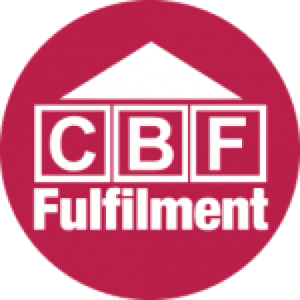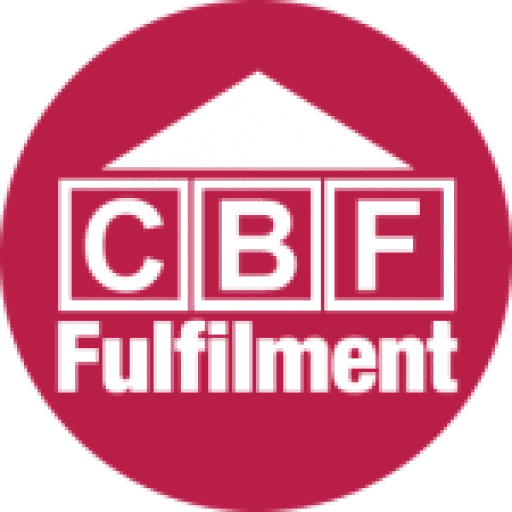The impact on 3PL companies if the cost of living rises and inflation increases
As the cost of living rises and inflation increases, the impact on third-party logistics (3PL) companies will be significant, as they will need to navigate rising costs of transportation, labour, and other inputs, while also balancing the needs of their customers who may be struggling to adjust to the changing economic conditions.
The impact of rising fuel prices on transportation costs for 3PL companies, and how this might affect pricing and profitability?
Rising fuel prices can have a significant impact on transportation costs for 3PL companies, which can in turn affect pricing and profitability. Here are some potential impacts to consider:
- Direct transportation costs: The most obvious impact of rising fuel prices is the increase in direct transportation costs for 3PL companies. As the cost of fuel rises, it becomes more expensive to operate trucks, ships, and other vehicles that are used to move goods. This can result in higher shipping rates for customers, which may affect demand for 3PL services.
- Indirect costs: Rising fuel prices can also have indirect costs for 3PL companies. For example, if fuel prices increase, the cost of producing and transporting goods will also rise, which may lead to decreased demand for goods and services. This could result in lower demand for 3PL services as well.
- Competition: As transportation costs rise, 3PL companies may face increased competition from other providers that can offer lower prices. This could lead to decreased pricing power and lower profitability.
- Customer relationships: Rising fuel prices may also strain relationships with customers, as they may be unwilling or unable to absorb the increased transportation costs. This could lead to pricing negotiations or even the loss of customers.
To mitigate the impact of rising fuel prices on transportation costs, 3PL companies may employ several strategies. For example, they may try to negotiate more favourable fuel contracts, invest in more fuel-efficient vehicles or transportation modes, or pass on the costs to customers in the form of higher shipping rates. Ultimately, the success of these strategies will depend on a variety of factors, including the overall economic environment, competition, and the willingness of customers to pay higher prices.
Ecommerce Order Management
with ONE login
All E-commerce clients have access to our FREE Software Integrations with your shopping carts.
- Online Stock Controls
- Live Order Tracking
- Multi-Channel Order Management
- Shipping Management
- Full Reporting
- Barcode Verified
- Cloud-based, Easy to use
- & it's free to you.
In the last month we have processed the following:

Your 3PL Ecommerce Fulfilment, Distribution Centre and Contract Packing partner. Planned, Integrated, Packed and Delivered.
T: 01242 802140
CBF Fulfilment
1-11 Alvin Street
Gloucester
GL1 3EJ
UNITED KINGDOM
